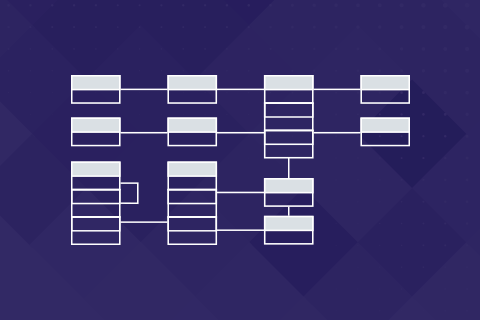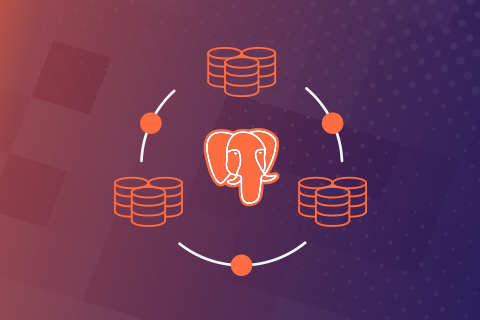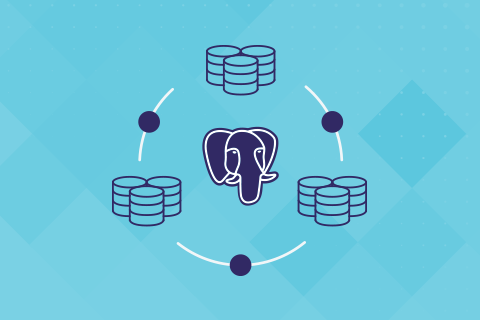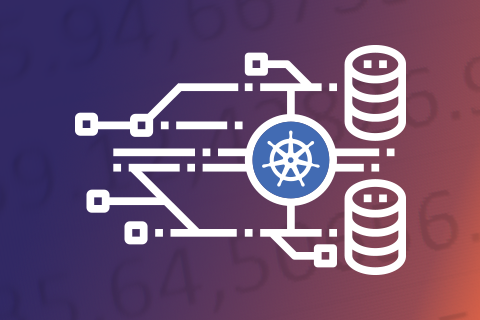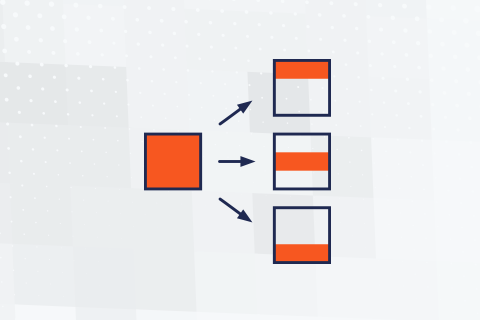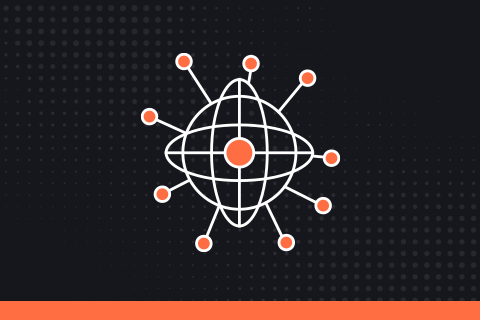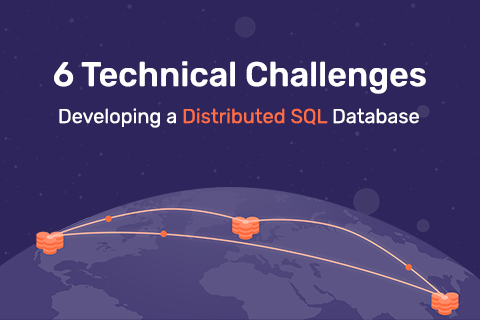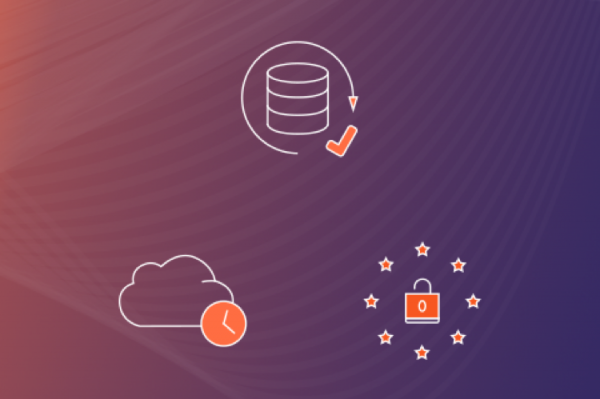PostgreSQL How To: Installing the Chinook Sample DB on a Distributed SQL Database
In this post we are going to walk you through how to download and install the PostgreSQL version of the Chinook sample DB on the YugabyteDB distributed SQL database with a replication factor of 3.
What’s YugabyteDB? It’s a high performance distributed SQL database for global, internet-scale apps. YugabyteDB is a PostgreSQL-compatible database. Similar to Google Spanner, YugabyteDB gives you all the scalability characteristics of NoSQL, without sacrificing the ACID transactions or strong consistency you are accustomed to with PostgreSQL.
…
